LANGUAGE AND TERMINOLOGY
Language and Terminology
Twenty-three thousand Canadians participate weekly in Special Olympics community-based sport training clubs. Additionally, Special Olympics athletes compete in their chosen sport at the local, conference and chapter level.
Newspaper or media articles will be found almost daily in some part of the country, that describe a Special Olympics athlete, or cover an event or activity about the local Special Olympics program. Each article that is publicized furthers the cause and promotes the organization. In particular, such publicity affords the opportunity to raise public awareness about the abilities and capabilities of a Special Olympics athlete.
Different articles feature the celebration, the enjoyment and the importance of what Special Olympics brings to the individual and to the family. However, how people are described and how the media receives information is inconsistent, particularly how “we” (or the media) describe a Special Olympics athlete. While most chapters continue to use the term “mental disability,” it is not uncommon to read news articles that describe a Special Olympics athlete as mentally handicapped, mentally disabled, intellectually disabled, developmentally handicapped, developmentally disabled, cognitively impaired, mentally challenged and so on.
The Board of Directors of Special Olympics Ontario is committed to Special Olympics athletes achieving independence and full participation in our society. It is recognized that being sensitive and responsive to language terminology is one approach that assists athletes in achieving these goals. By using updated and proper terminology, and positive images, we will assist the movement and our partner organizations to be responsive and responsible to our constituents.
Shifting Terms: Individuals with an Intellectual Disability versus Persons with a Mental Disability
The following statements summarize the general consensus and inputs provided and discussed at length by the various stakeholders. These individuals include, but were not limited to: Special Olympics Ontario athletes, Special Olympics Ontario Managing Partners, Ontario Self-Advocates Council, People First Ontario, Community Living Ontario.
- When consulted with regard to labels, categories, and terms: each stakeholder group urged a continuing effort to avoid labels altogether, but acknowledged the need to use a term in some situations. The stated preference was for the term “intellectual disability.”
- The term “developmental disability” encourages a negative association with respect to childhood, while the term “intellectual disability” more accurately describes the condition itself over both the childhood and adult life of the individual.
- The term “mental disability” encourages a negative association and is thought to be closely linked with the most objectionable term for Canadians, “mentally retarded”. Also, the term “mental” often connotes mental illness. It was further identified that the use of the term “mental” was particularly unfavourable to potential youth athletes and their families and that this stigma keeps people from participating in Special Olympics programs.
- Stakeholders suggest that we strive, wherever possible, towards using consistent terminology and encourage others (when necessary to use a term at all) to use the term “intellectual disability.” This is based on the precision of the term and on the increasing preference internationally and nationally.

